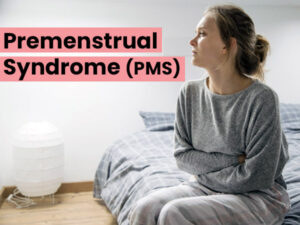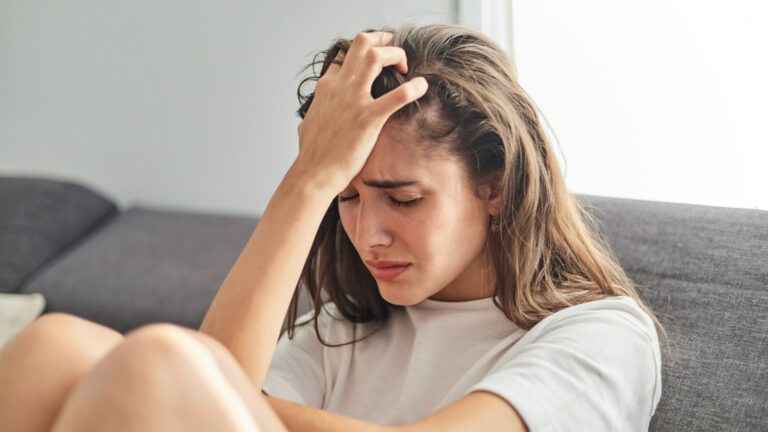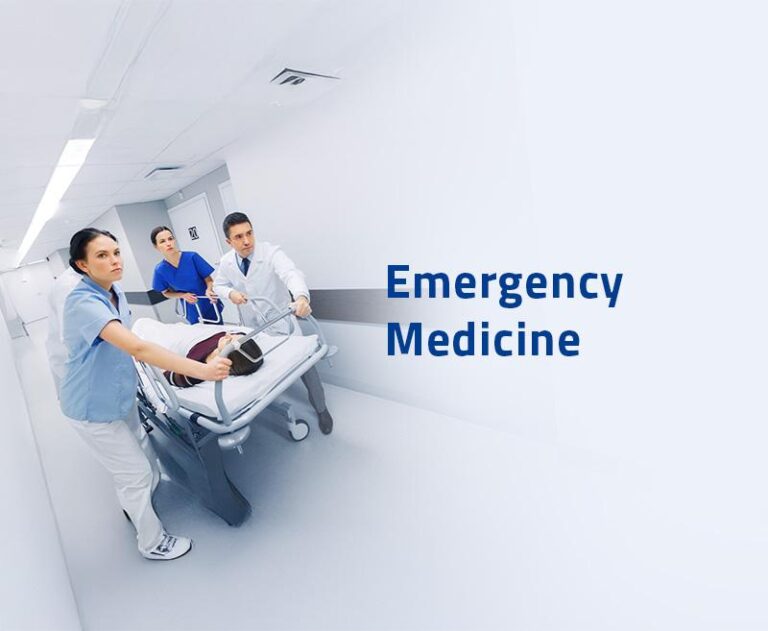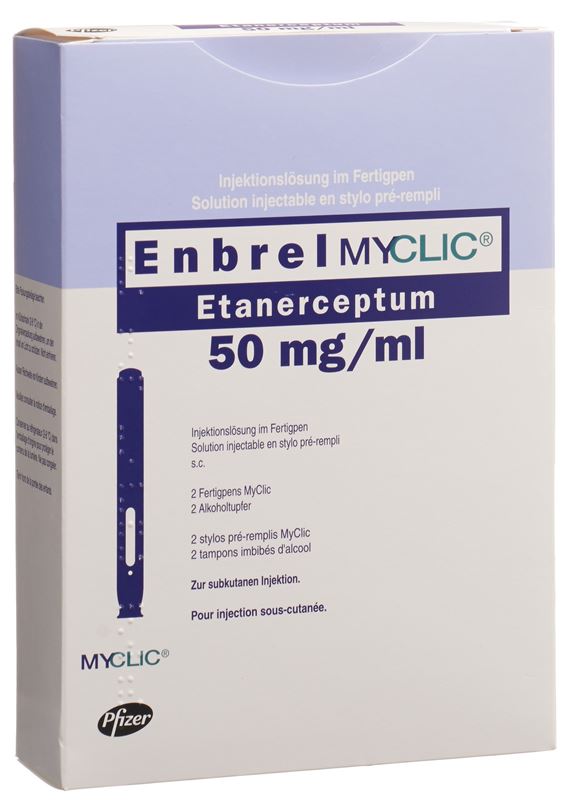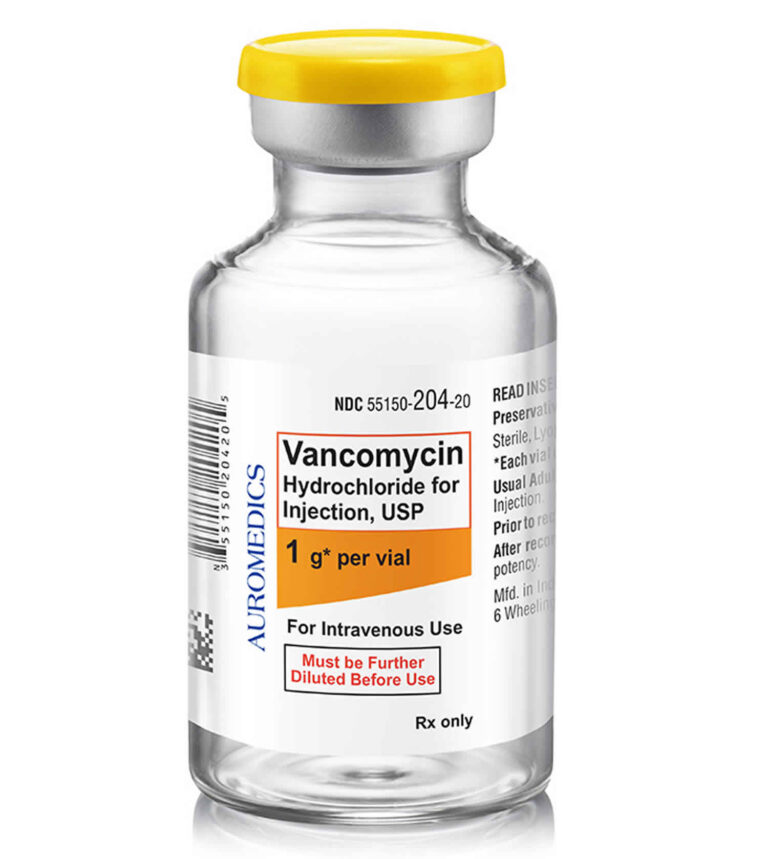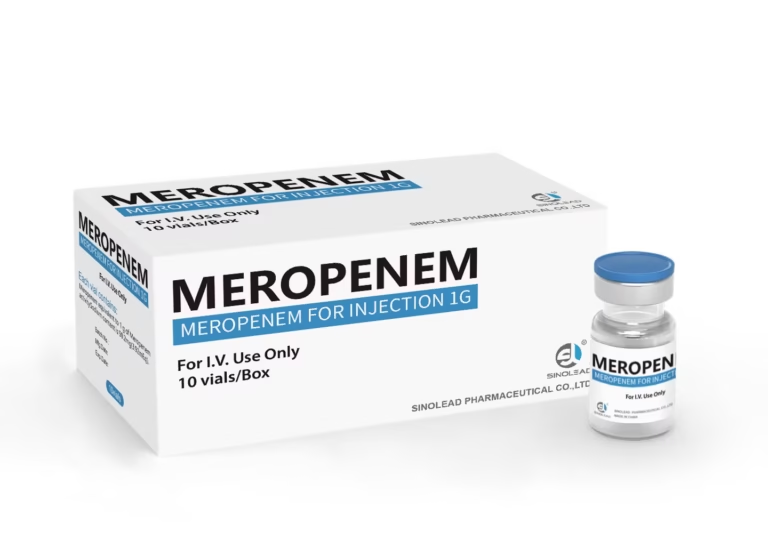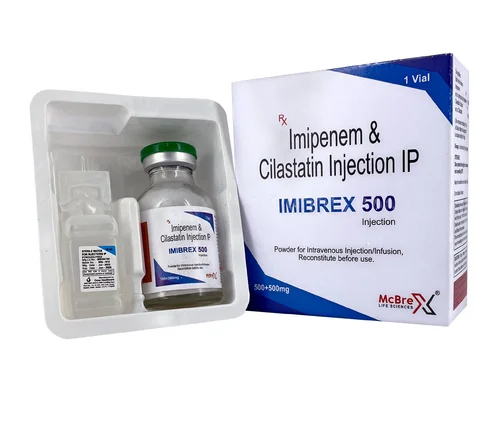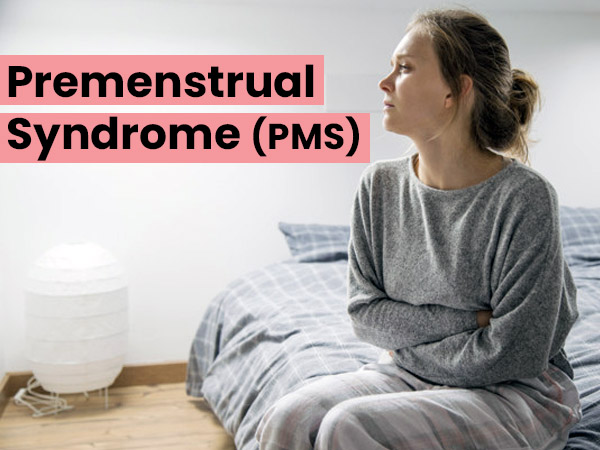
Premenstrual Syndrome (PMS) is a frequent health state that affects many menstruating individuals, often causing a range of physical, emotional, and behavior-related symptoms. These symptoms are usually seen in the two weeks preceding menstruation and can affect daily activities and quality of life. While the exact etiology of PMS remains confused, understanding its symptoms, causes, treatment options, and prevention approach can help individuals control the condition more successfully.
What is Premenstrual Syndrome (PMS)?
Premenstrual Syndrome (PMS) refers to a set of physical, emotional, and behavioral symptoms that come into sight in the second half of the menstrual cycle, often after ovulation and before the arrival of menstruation. PMS symptoms generally get better or settle once menstruation begins.
Symptoms of PMS
PMS is indicated by a wide range of symptoms, which can differ in severity and duration. These symptoms are mostly categorized into physical, emotional, and behavioral symptoms.
Physical Symptoms
- Bloating and Water Retention:
Because of fluid retention, women with PMS generally notice swelling or puffiness in the abdomen, breasts, and extremities.
- Breast Tenderness:
Many individuals feel pain, swelling, or sensitivity in the breasts.
- Headaches or Migraines:
Hormonal imbalance and fluctuations at the time of the menstrual cycle can initiate headaches or migraines.
- Abdominal Cramps:
Cramps or discomfort in the lower abdomen are most frequent, as the body gets ready for menstruation.
- Fatigue:
Many people with PMS announce feeling tired, lethargic, or low in energy.
- Acne:
Hormonal changes may result in skin breakouts or acne, particularly around the chin and jawline.
- Sleep Issues:
Problems falling asleep, staying asleep, or having restlessness during sleep are common.
Emotional Symptoms
- Mood Swings:
Individuals with PMS may suffer from irritability, frustration, or increased emotional sensitivity.
- Anxiety:
Feelings of nervousness or worry are common when you have PMS.
- Depression:
Some individuals may experience sadness, and hopelessness, or can lose interest in daily activities.
- Crying Spells:
Emotional outbreaks, including crying without clear triggers.
Behavioral Symptoms
- Social Withdrawal:
Many people with PMS experience the urge to isolate themselves and restrict their selves from social interactions or engagements.
- Difficulty Concentrating:
Cognitive symptoms may arise, such as difficulty concentrating or memorizing.
- Changes in Appetite:
Cravings for salty, sweet, and carbohydrate-rich foods are frequent, and overeating may occur.
Causes of PMS
The right cause of premenstrual syndrome is unknown, but various factors can induce outbreak of symptoms.
Hormonal Fluctuations
PMS is linked to fluctuations in hormones, estrogen and progesterone. These can affect neurotransmitters in the brain, like serotonin, which have an important role in managing mood.
Neurotransmitter Imbalances
A neurotransmitter serotonin regulates mood, decline during the luteal phase of the menstrual cycle. These changes contribute to mood swings, irritability, and other emotional symptoms linked with PMS.
Genetic Factors
According to research PMS can pass down to the families. If a mother or sister experiences PMS, there are more chances that other female members of family experience it as well.
Stress and Lifestyle Factors
Many factors such as chronic stress, poor nutrition, lack of physical activity, and inadequate sleep can make PMS symptoms worsen. Females with high levels of stress or poor lifestyle can experience more severe symptoms.
Treatment for Premenstrual Syndrome
There are various treatment options available to help manage and alleviate the symptoms of PMS. These include lifestyle changes to medical interventions.
Lifestyle Modifications
Making adjustments to one’s daily routine can have a positive impact on PMS symptoms.
- Balanced Diet
A diet rich in fruits, vegetables, whole grains, and lean proteins can help reduce PMS symptoms. Reducing caffeine, sugar, and salt intake can improve bloating, cravings, and mood swings.
- Exercise
Regular exercise can improve mood, reduce stress and physical symptoms like cramps and bloating. Exercise for at least 30 minutes of moderate workout.
- Quality Sleep
Take 7-9 hours of restful sleep each night. Establish a consistent sleep schedule and avoid caffeine in the evening.
- Stress Management
Relaxation techniques such as yoga, m
Prevent Premenstrual syndrome
editation, and deep breathing exercises can help reduce stress and improve emotional well-being.
Medications for Prevent Premenstrual syndrome
Medications is required if symptoms are severe.
- Pain Relief
Ibuprofen or acetaminophen are available over the counter, can help alleviate cramps, headaches, and muscle pain.
- Antidepressants
Antidepressants like selective serotonin reuptake inhibitors (SSRIs) or serotonin-norepinephrine reuptake inhibitors (SNRIs) can improve anxiety and depressions symptoms.
- Hormonal Treatments
Birth control pills or hormonal IUDs can help regulate hormone levels and reduce symptoms such as cramping and mood swings.
- Diuretics
For individuals with severe bloating and water retention, diuretics can reduce fluid buildup.
Cognitive Behavioral Therapy (CBT)
Cognitive Behavioral Therapy (CBT) is a form of psychotherapy that can help individuals with PMS manage emotional and behavioral symptoms. CBT helps individuals identify negative thought patterns and replace them with healthier, more positive coping mechanisms.
Risk Factors for Developing PMS
Certain factors increase the likelihood of experiencing PMS. Understanding these risk factors can help individuals take preventive measures.
Age
PMS is more commonly experienced by individuals in their 20s to 40s, with symptoms often becoming less severe as individuals age and approach menopause.
Family History
As mentioned earlier, PMS may run in families. If a mother or sister experiences PMS, there is a higher likelihood that other female relatives will experience similar symptoms.
History of Depression or Anxiety
Individuals with a personal or family history of mood disorders, such as depression or anxiety, may be more prone to PMS.
Unhealthy Lifestyle
Chronic stress, poor nutrition, lack of exercise, and inadequate sleep can all increase the severity of PMS symptoms.
Lifestyle Changes to Prevent Premenstrual syndrome
While PMS is not always preventable, certain lifestyle changes can help reduce the likelihood of developing severe symptoms.
Maintain a Healthy Diet
A diet rich in whole foods, including fruits, vegetables, lean proteins, and healthy fats, can help keep hormone levels balanced and reduce PMS symptoms. Avoiding processed foods, excessive sugar, and caffeine can also make a significant difference.
Exercise Regularly
Regular exercise, such as walking, swimming, or yoga, can reduce stress, alleviate cramps, and improve overall mood. Aim for at least 30 minutes of moderate physical activity most days of the week.
Manage Stress
Participating in stress-reducing activities like mindfulness, yoga, or journaling can help alleviate the emotional symptoms of PMS. Managing daily stress is key to minimizing the impact of PMS.
Get Adequate Sleep
A good sleep schedule and good sleep hygiene can reduce irritability, fatigue, and other PMS symptoms. Set a goal of 7-9 hours of sleep each night.
Home Remedies to Prevent PMS Symptoms
Many home remedies can help reduce the severity of PMS symptoms and give relief.
Herbal Remedies
- Chasteberry (Vitex):
Known for its hormone-regulating characteristics, chasteberry can balance estrogen and progesterone levels, relieving PMS symptoms like mood swings and irritability.
- Evening Primrose Oil:
This supplement, rich in gamma-linolenic acid (GLA), can help reduce breast tenderness and other PMS physical symptom.
- Ginger:
Popular for its anti-inflammatory properties, ginger can help reduce cramps and digestive discomfort.
Heat Therapy
Using a heating pad or warm compress on the abdomen can give relief from cramps and muscle tension. Heat therapy provides relaxation and can aid reduce pain.
Magnesium Supplements
Magnesium helps regulate the function of muscles and alleviate cramping. Taking magnesium supplements or eating magnesium-rich foods like leafy greens, nuts, and seeds can reduce symptoms.
Aromatherapy
Essential oils such as lavender, chamomile, and peppermint can assist in providing relaxation and to alleviate stress. Applying a diffuser or diluted oils to the skin can provide a calming effect.
Conclusion
Premenstrual Syndrome (PMS) is a common but often challenging set of symptoms that affects many women who menstruate. Perceiving the symptoms, causes, treatment options, and preventive measures can assist individuals to manage and reduce the discomfort linked with PMS. By adopting healthy lifestyle habits, getting appropriate medical treatment, and practicing home remedies, individuals can reduce the severity of PMS and promote their overall well-being. If symptoms are severe interfering with daily life, it’s important to consult a healthcare professional for guidance and support.
